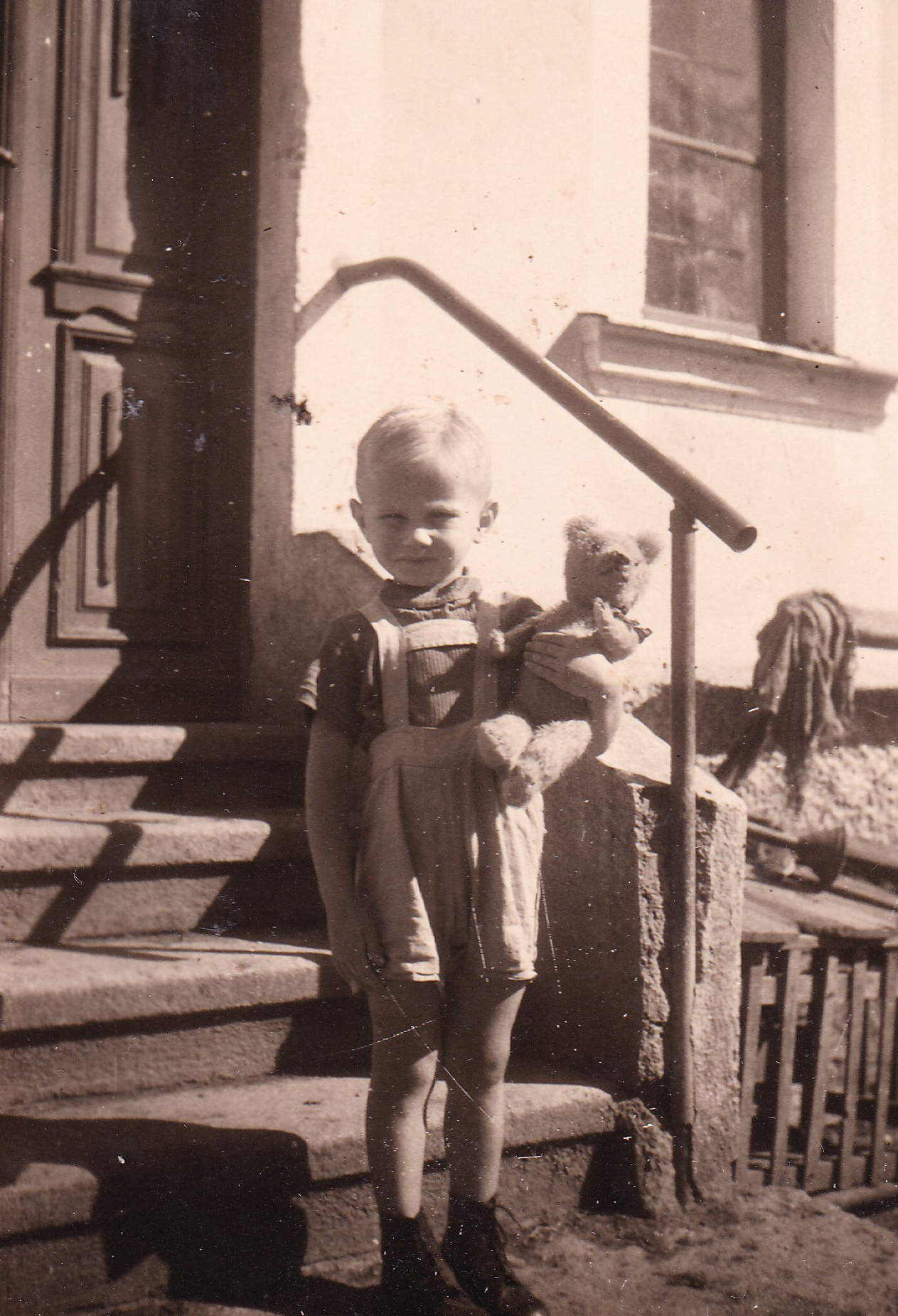Our common culture still draws me to Bohemia

Stáhnout obrázek
Josef Paul was born on April 25, 1937 in the village of Lobzy, which is now part of Ošelín (Tachovy district). His family belonged to the local farmers. During the First Republic, the witness‘s grandfather was the mayor, politically belonging to the German Agrarian Party. In September 1946, the Pauls were displaced to Köthen in the Soviet occupation zone of Germany. In May 1949, they managed to move to the village of Trasching in Bavaria, where Mr. Paul‘s aunt, Rosa Paul, worked as a very popular teacher. Thanks to her, Josef Paul managed to graduate from the universities of Munich and Erlangen with a focus on teaching Latin and German. Between 1969 and 2000 he worked at the grammar school in Burglengenfeld, later also as deputy director. With his wife, who comes from Podkrkonoší (Western Sudetes region), he is very interested in Sudeten German topics and Czech-German relations.









